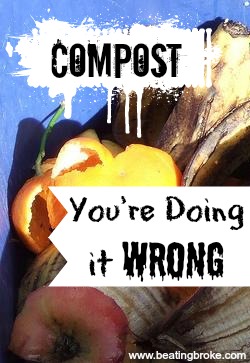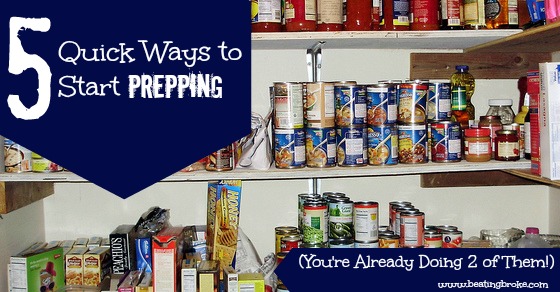Saving energy is both important and beneficial for a number of reasons. Of course, shutting off the lights when you leave the room or adjusting the temperature when you’re not home will save you money and keep your energy cost low.
But there’s so much more that you can do. Energy is likely being lost through cracks in the walls, the windows, worn-out weatherstripping, poorly designed doors, uninsulated ceilings, and walls. The energy that you’re paying for is literally going out the door.
You can do six major things that will improve your home’s energy-efficiency and save you money. You’ll find that most of these methods are things that you can do yourself without shelling out thousands of dollars for a new energy-efficient HVAC system or having solar power energy installed. Although these would be beneficial to your energy savings, they are not always in the budget.
1: Replace your light bulbs
Technology is pretty amazing. You can use between 25 – 80% less electricity by changing your light bulbs to energy-efficient alternatives such as Halogen incandescent bulbs, compact fluorescent lights (CFLs), and light-emitting diode bulbs (LEDs). The downside to these light bulbs is they are an expensive alternative; however, you’ll actually be saving money in the long run.
2: Install a smart thermostat
Keeping your temperature just 10 to 15 degrees cooler while you’re at work will help to save you between 5-15% every year according to energy.gov.
Smart thermostats allow you complete control over your thermostat. You can program the temperature for when you’re at work or sleeping so that you’re not keeping the house too cool or too hot when it’s not necessary. An additional benefit of a smart thermostat is that you can program it to tell you when to air filter needs to be replaced.
3: Insulate your home
A poorly insulated home plays a major role in retaining energy in your home. Insulation is designed to keep heat out during the summer and keep heat in during the winter. You should consider insulation installation in your attic, walls, floors, basement, and crawlspace. These are the main areas where proper insulation will be beneficial.
Consider having a home energy auditor come to inspect your home to locate the areas that need additional insulation.
4: Weatherize your home
You’ll need to visually inspect both the inside and outside of your home to look for areas where air could be getting into your home. You’d be surprised how much air is lost through vents, windows, and doors because of worn-out weatherstripping, cracks, and gaps. Even small cracks or openings can cause lots of energy to be lost and make it harder to control the temperature to a comfortable level.
Replacing weather stripping, sealing, and filling the gaps around windows, doors, plumbing, and ducts will improve your energy savings. You’ll want to check the attic and light fixtures as well.
5: Unplug things that you’re not using
Leaving those small kitchen appliances plugged in is actually costing you money. There is still energy going through these appliances as well as your computer and chargers. So when you’re done using your computer, toaster oven, blender, and coffee machine, you should get into the habit of unplugging them.
For some appliances like your refrigerator, washing machine, or dryer it isn’t practical to unplug them between uses so don’t get that much plug paranoia. Instead find ways to make these machines work better, or fewer hours. For example you could sun dry your delicate clothes to run your dryer less or use tricks like a dryer ball in order to get your clothes moisture free quicker which means less run time on the machine!
6: Tune Up Your HVAC System
Regular maintenance of your HVAC system will not only help you to keep the cost of repairs low and prolong the life of your unit, but it will ensure that your heating and cooling are running efficiently. Keeping it at peak performance helps you to continue to save on your energy bill.
We all want to save money, and these are just some of the simple do-it-yourself ways to reduce the amount of energy that your home is losing. We tend to believe that the only way to improve our home’s energy efficiency is by purchasing all new energy-efficient appliances, windows, and doors. Oftentimes it’s the little things that you can do that make the most significant differences.
Saving money on your energy bills can often make the difference between which bills you can pay off this month and which ones you cannot. Learning how to budget your bills to keep costs down is essential.



